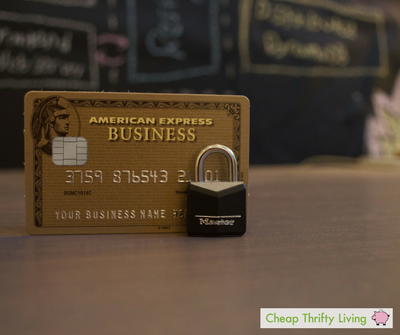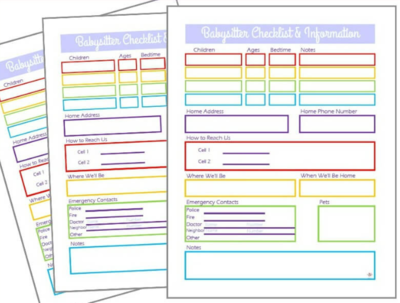Should I Freeze My Credit and What Does a Credit Freeze Do?
The answers to all of your burning credit freeze questions

Freezing your credit helps protect you against identity theft and unwanted inquiries about your credit. Unless you are planning to open a new credit account or make a large purchase like buying a home in the near future, taking precautions like freezing or locking your credit will help you avoid identity theft. You'll find answers to your most frequently asked credit protection questions from "Should I freeze my credit?" to "What does a credit freeze do?" The differences between credit freezing and locking are also outlined, so you can choose the method that works best for you and your budget. Keep your personal finance protected by learning more about credit freezing.
What Does a Credit Freeze Do?
When you have a credit freeze in place, lenders cannot access your credit. This ensures that someone can't open a credit card or take out a loan in your name. Companies with which you already have credit will still be able to access your credit scores, but no new companies will be able to unless you remove or lift the credit freeze. When you freeze your credit, you are given a PIN that can be used to unfreeze your credit. Credit freezes generally last until you remove them or can expire in seven years in some states.
Should I Freeze My Credit?
Placing a freeze or lock on your credit reports through the major credit bureaus will help protect your personal information from data breaches and identity theft. Unless you make frequent credit inquiries (i.e. applying for credit cards, purchasing large items like cars or homes, or applying for loans), you should ensure your information is protected through a credit freeze.
Is It Free to Freeze My Credit?
The cost of a credit freeze depends on the state in which you have residency. Some states offer credit freezes for free through all three major credit bureaus, while others charge up to $10 to place a freeze on your credit. All states must waive the fee if you have been the victim of identity theft and have a police report on file. In addition, some states charge fees to temporarily lift or remove credit freezes. Find out what your state charges at creditcards.com.

How Do I Freeze My Credit?
To be fully protected, you have to freeze your credit with all three major credit bureaus. All three credit bureaus have instructions to freeze your credit online, by phone, or through the mail.
- Experian - 1-888-397-3742
- TransUnion - 1-888-909-8872
- Equifax - 1-800-685-1111
What's the Difference Between a Credit Freeze and Lock?
Credit freezes and locks are two ways to protect your information. Locking your credit has the same function as freezing your credit, but you must maintain a subscription to keep your credit locked. The main differences are the amount of time they take to come into effect and the associated costs.
Credit Locking:
- Fees. Locking your credit is free through Equifax and TransUnion but costs a monthly fee of $19.99 after your first month at Experian.
- Timing. A credit lock can take effect immediately but may take up to 48 hours. The three credit bureaus have smartphone apps that allow you to quickly lock or unlock your credit when you need to.
- Protections. Since you aren't paying fees to activate credit locks, they are not regulated by your state government. If you are the victim of identity theft while your information is locked, you do not have the same rights as a credit freeze.
Credit Freezing:
- Fees. Fees are determined state-by-state for placing a freeze, removing a freeze, and lifting a freeze.
- Timing. It can take up to five days to place a freeze and three days to remove or lift a freeze.
- Protections. Should your information be compromised while your credit is locked, you may have recourse based on your state's laws.

Was I Affected by the 2017 Equifax Breach?
In 2017, over 143 million Americans' personal information was exposed during the Equifax data breach. Find out if you were affected by the breach here. If you were affected by the data breach, take precautions by locking your credit with all three credit bureaus (not just Equifax).
Tips to Avoid Identity Theft
- Never give out personal information or social security number over the phone or by email.
- Maintain strong passwords for all of your online accounts.
- Enable security features on mobile devices.
- Review credit card and bank statements monthly for unauthorized purchases.
- Shred personal documents and expired credit cards.
- Install firewalls and virus-detection software on your home computer.
How do you protect your identity? Let us know in the comments!



















